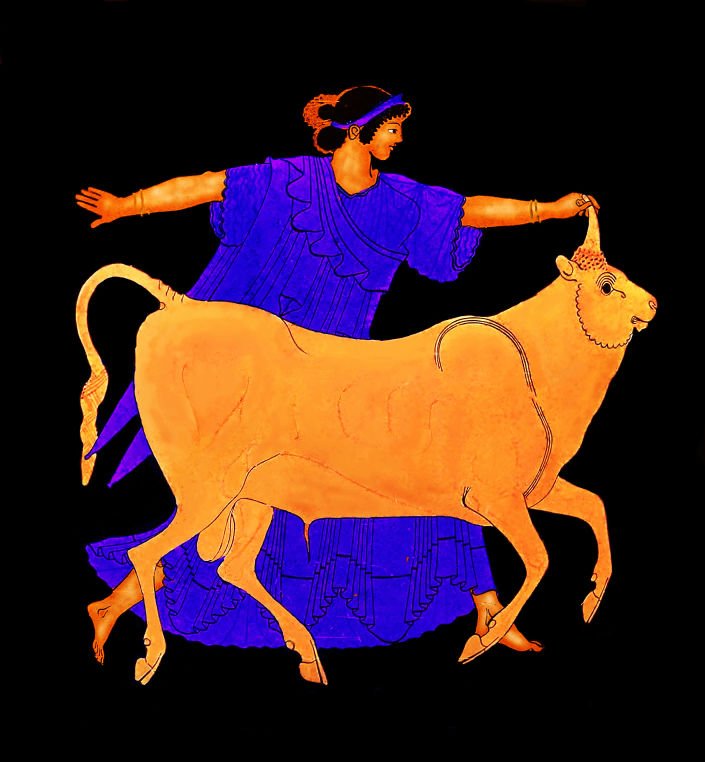
The HN crowd just had a fun chat about the stupidity of crowds that mostly focused on the does and the do-nots. I have a somewhat different idea about the topic...
In science pop culture [joke mine] there is "the layman test". It involves the scientist explaining his work to a layman. Failure to do so means the scientist doesn't understand what he is doing. It is usually used to cut though a forest of terminology.
(One could [say] argue that Object Oriented Programming has property foo. The layman test would have you explain what this OOP actually is. Then, foo is assumed not to be a property of OOP if you fail to explain OOP.)
Nothing is a dead-end topic. If the explanation is successful the layman can learn some more details. Eventually the layman becomes the professor.
Not everyone is good at explaining their work. One professor (his name escapes me) once argued that we assume professionals to be good at education while they never had any such training: Academia works under the assumption their field doesn't exist. Libraries full of books about teaching and learning, some dating back thousands of years. All irrelevant?
What fascinated me was the idea that we deploy amateur explanations from mega overqualified professionals onto the first year students. The ratio is all wrong.
If the people who need information cant get access to it it doesn't matter if the information exists.
The solution to collective decision making is to set up a system for information distribution. Ideally it would be a fully distributed system but since we cant have that we will have to start with a properly designed server then work towards a decentralized formula.
The people who have monopolized information distribution will fight you all the way on this. They will rally their zombie legion of Jackass, Eastenders, Neighbours, Friends, dancing with the stars and football supporters and teach you a lesson.
Imagine this was ever on TV:
In stead you got Johnny Knoxville is what you got in stead.
To add a fun story:
If you look at the RSS spec you find a rating element. If you chase that rabbit down the rabbit hole you end up reading about a mythological creature called the PICS rating system[1]. It is like the ancient Greeks of internet design forged a most poetic system for content rating. Wondering why such a beautiful thing never took off you end up reading authoritative-sounding attention-monopolists ranting and raving about the mere smell of scrutiny. Eventually they successfully denounce the concept as CENSORSHIP and proceed to brand it a porn filter. Today that is the only remaining implementation.
[1] - https://www.w3.org/PICS/
P.S.
A fun clue:
Very interesting. Very relevant. Bedankt!